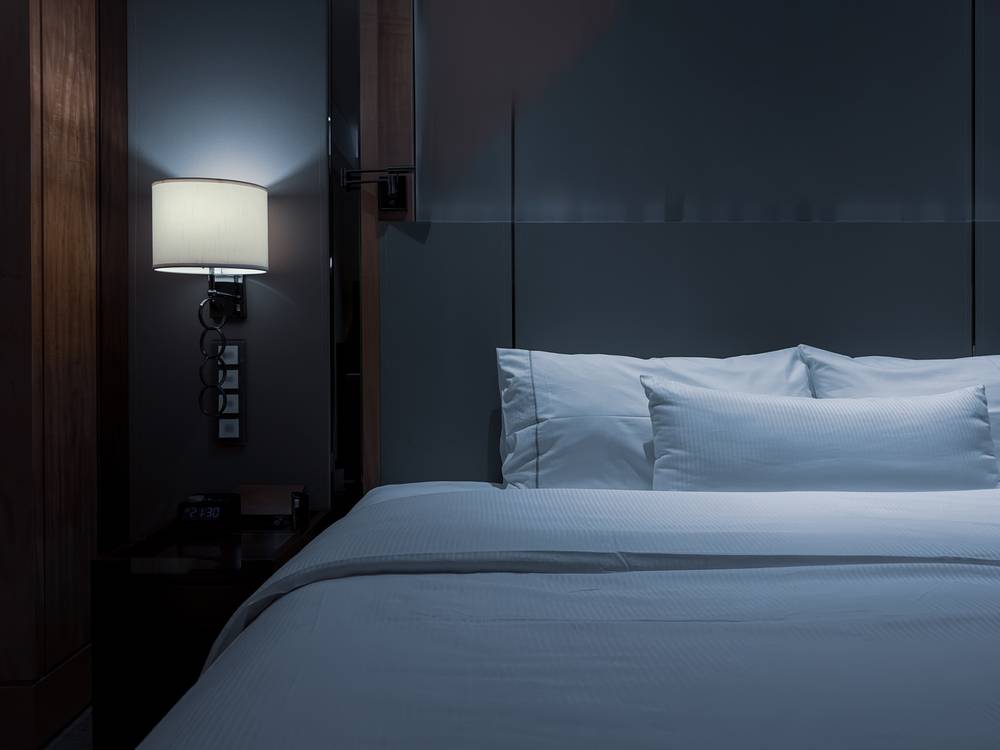If you often feel tired despite getting plenty of sleep, it might be time to pay attention to your sleep hygiene. In this article, we will discuss what sleep hygiene is, why it is important, and how you can improve your sleep quality in simple and effective ways.
What is Sleep Hygiene?
Sleep hygiene is a term that refers to habits and practices that help you sleep better. The concept involves a set of habits that can improve the quality of your sleep by creating a supportive environment and routines that ease the sleep process. Sleep hygiene is not only about the duration of sleep, but also its quality and consistency.
Agus Joko Purwanto, S.Kep., Ners KFK Emergency – RSUP dr. Sardjito Yogyakarta shares with Yankes Kemkes Indonesia, “Sleeplessness is often considered a trivial problem. In fact, this can make the body unenergetic, decrease concentration and thinking power, and trigger health problems if it occurs for a long period of time.”
A lot of research has gone into developing a set of guidelines and tips designed to promote good sleep, and there is evidence to suggest that these strategies can provide a long-term solution to sleep difficulties.
Key Components of Sleep Hygiene
How can you apply sleep hygiene into your night routine?
Regular Sleep Schedule
Why is it important?
Our bodies have a circadian rhythm, or biological clock, that helps regulate when we feel sleepy or awake. Keeping a consistent sleep schedule helps your body adjust to this rhythm. Research shows that sleep schedule instability can disrupt circadian rhythms, resulting in sleep difficulties and poor sleep quality.
The National Sleep Foundation and other studies have shown that sleep schedule consistency is critical for sleep quality and mental health. Consistent sleep can reduce the risk of depression and other mental disorders, and improve overall quality of life.
How to do it: Try to go to bed and wake up at the same time every day, even on weekends. If you need time to adapt, do it gradually by changing your sleep schedule by about 15 minutes every day.
Comfortable Sleep Environment
Why is it important?
A comfortable sleeping environment is very important as it affects the body’s ability to relax and sleep. Temperature, lighting and noise can all interfere with your sleep. Research shows that having a dark and quiet room, and adjusting the room temperature most comfortable for the individual, can help improve sleep quality and reduce sleep disturbances.
How to do it: Set your bedroom temperature around 16-18°C, use blackout curtains to avoid outside light, and consider using earplugs if you live in a noisy environment. Avoid electronic devices before bedtime. Consider using aromatherapy devices as soothing scents have been shown to have a positive impact on mood and induce relaxation.
A Balanced Diet
Why is it important?
What you consume before bed can affect the quality of your sleep. Research has shown that caffeine and alcohol can disrupt the sleep process. Eating within 3 hours of bedtime is also associated with disrupted sleep.
How to do it: Avoid eating heavy or spicy food at least 2-3 hours before bedtime. Limit caffeine and alcohol consumption, especially later in the afternoon.
Soothing Habits Before Bed
Why is it important?
Bedtime activities affect how your body prepares for sleep. A relaxing routine helps lower stress levels and prepares the body for sleep. Research from the University of Yogyakarta shows that poor sleep habits, including stress-inducing activities, can impair performance and mood.
How to do it: Try reading a book, meditating, journaling, or listening to soft music. Avoid stimulating activities like watching TV or playing games on electronic devices right before bedtime.
Watch this: Having Trouble Sleeping?
Tips to Make Your Bedroom More Comfortable
- Room Lighting
Use a soft sleeping light and avoid bright lights at night. Natural light in the morning can help your body wake up and be ready for activity.
- Cover the Floor with Carpet
Carpets can help create a more cosy atmosphere and reduce noise.
- Choose a Relaxing Paint Colour
Certain colours can affect mood and relaxation levels. Research conducted by Yeptadian Sari and team in ‘Wall Colour Preferences for Residential Inner Spaces’ shows that soft colours can give the impression that a space is more comfortable and calm
- Decorating Your Space
A personal space that reflects your personality can create a sense of comfort and belonging. This is important for relaxation and good quality sleep.
- Keep Your Room Tidy
A cluttered room can add stress and make it difficult to sleep. Keeping your bedroom is clean and organised and help improve your sleep.
Try incorporating these good sleep hygiene practices to enhance your sleep quality and overall well-being. As quality sleep is so important for one’s for mental clarity, emotional stability, and even physical health, its important to prioritise these habits.
If you continue to experience difficulties in achieving restful sleep, consult a healthcare professional for further evaluation and support.

